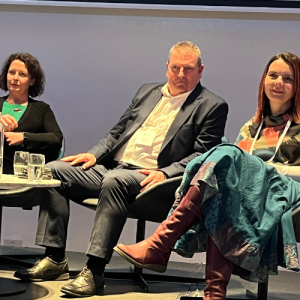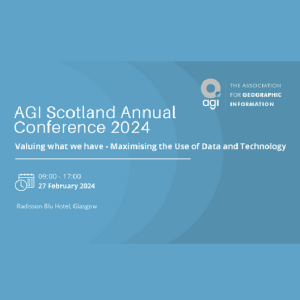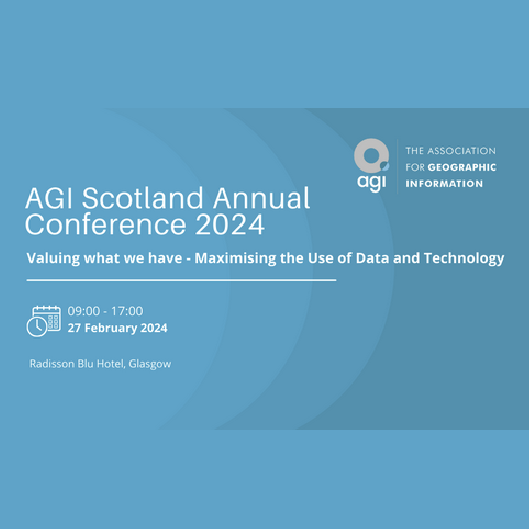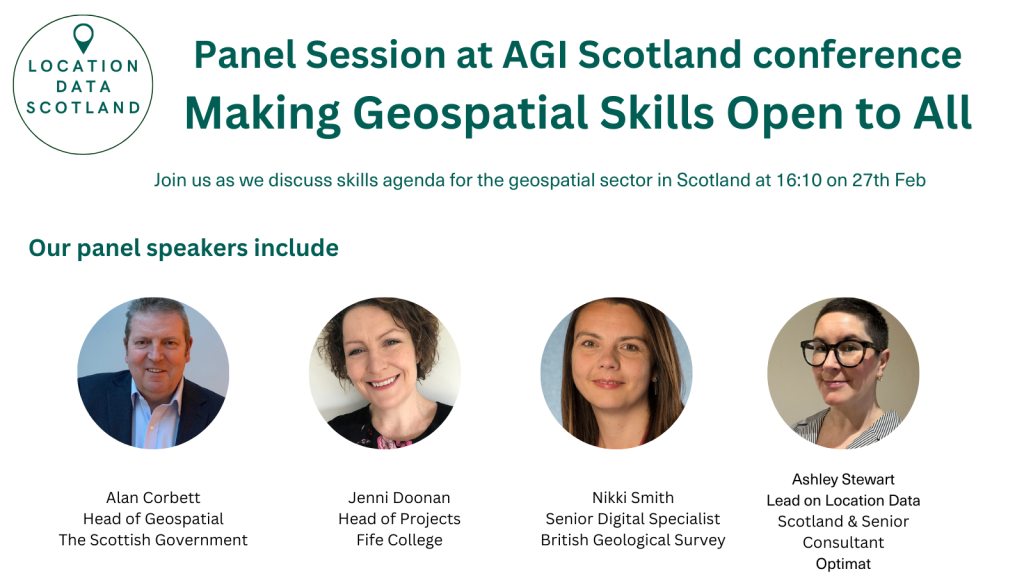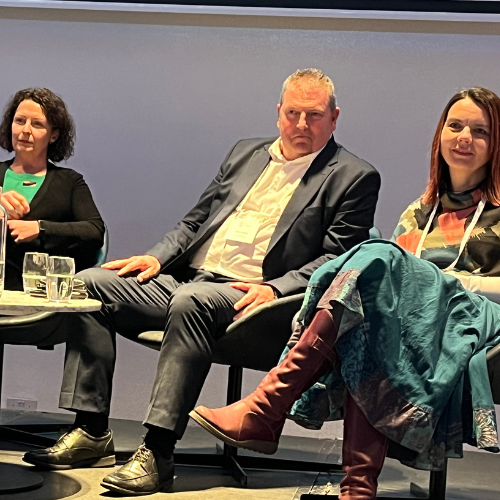
How do we plug the geospatial skills gap in Scotland?
A diverse audience of industry, public sector, academia and students met to discuss strategies to tackle the skills gaps across the sector in Scotland at the recent AGI Conference. While Scotland has the highest rate of geospatial jobs in the UK, the demand is primarily concentrated in major cities like Edinburgh and Glasgow. Skills gaps are clear. Individuals keeping up with rapid advancements in technology areas like remote sensing, Geographic Information Systems (GIS), and data management can be challenging and extracting meaningful insights from geospatial data requires strong analytical and data visualisation skills.
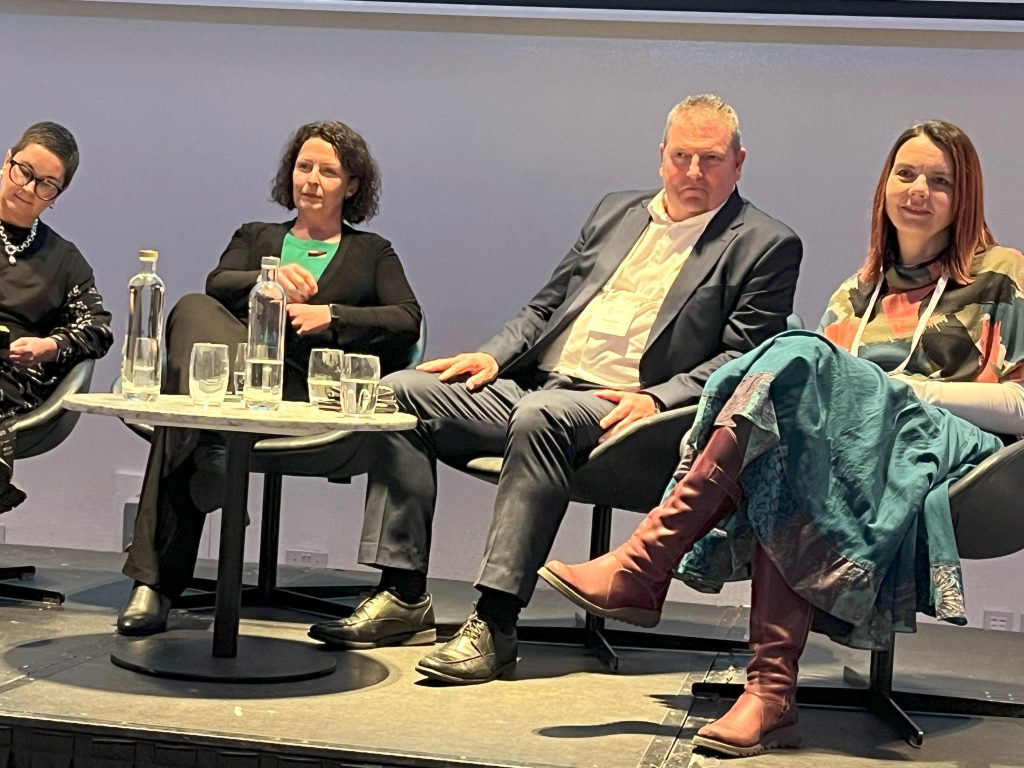
There are also gaps across different industries like environmental management, urban planning, and transportation, which have specific applications for geospatial technologies. Understanding these nuances and creating a range of blended skills to the chosen field and individual industry sectors is crucial.
As a nation, there is limited geospatial training/skills pathways available, currently study is only available at MSc level. And whilst most people ‘fall into geospatial’ as a career rather than choosing it as a path the lack of pathways causes recruitment challenges for the sector. The problem lies at the lower end of the education ladder – schools, colleges and community projects involving young people (Scouts, Youth Clubs etc) and to attract young people into the industry and choose geospatial as a career path, they need to have the knowledge much earlier in the educational journey. Most school aged children have played Pokemon Go but what they don’t realise is that the technology powering that game is geospatial and it opens up a full spectrum of exciting skilled jobs and opportunities. A huge knowledge gap also lies with parents who don’t see geospatial as a career path for their children. Education needs to be given to parents, with clear examples of the power of this technology across different sectors such as financial services, agriculture, space and tourism.
Geomatics Manager at Shell, Rob Dunfey said:
“I am very supportive of initiatives to build geospatial skills. Obviously, there is value for employers such as Shell in being able to recruit geospatial professionals, but more importantly for broader society and the economy. I truly believe that geospatial skills are going to underpin our energy transition to net zero.”
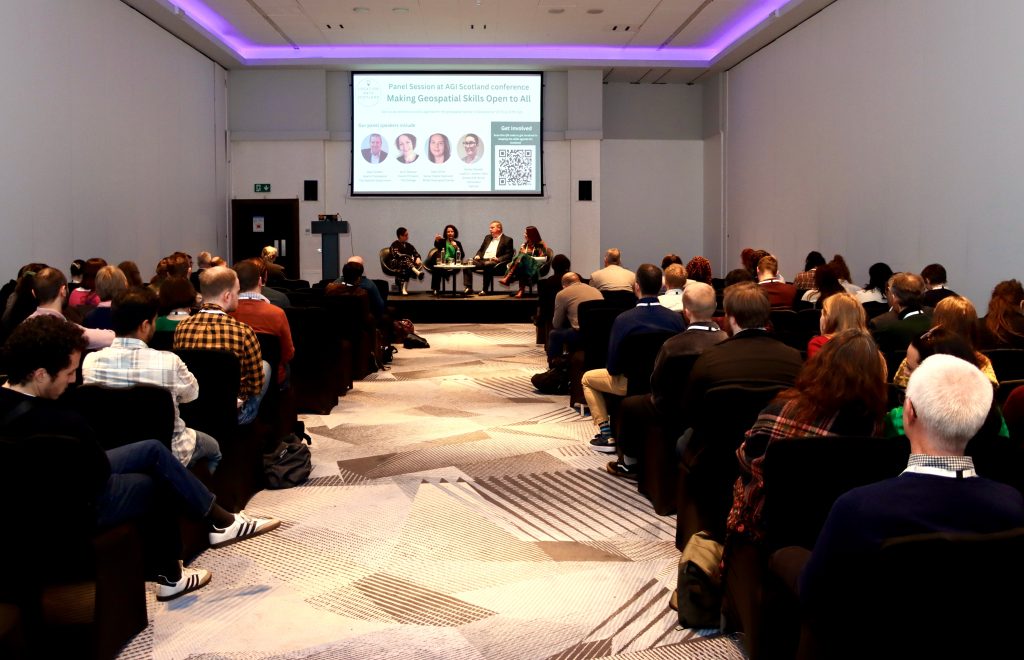
Location Data Scotland working in partnership with University of Edinburgh and AGI Scotland are calling for industry to help close the skills gaps. More information is needed from industry to define the essential future skills for the geospatial industry at all levels within their organisations, not just individuals at MSc level.
We need your help. Please get involved in the programme so we can help influence future generations to consider geospatial as a career path. If you would like to be part of this movement, register your details here and we’ll be in touch with next steps.

